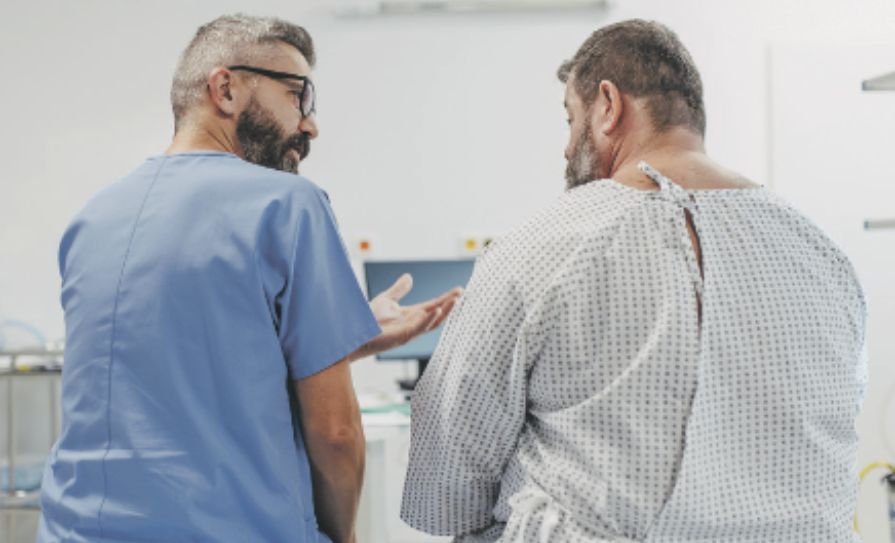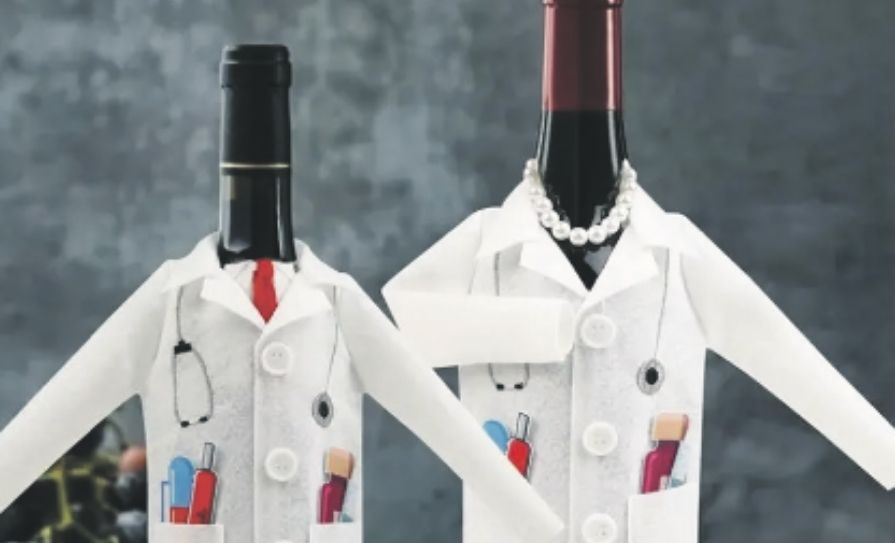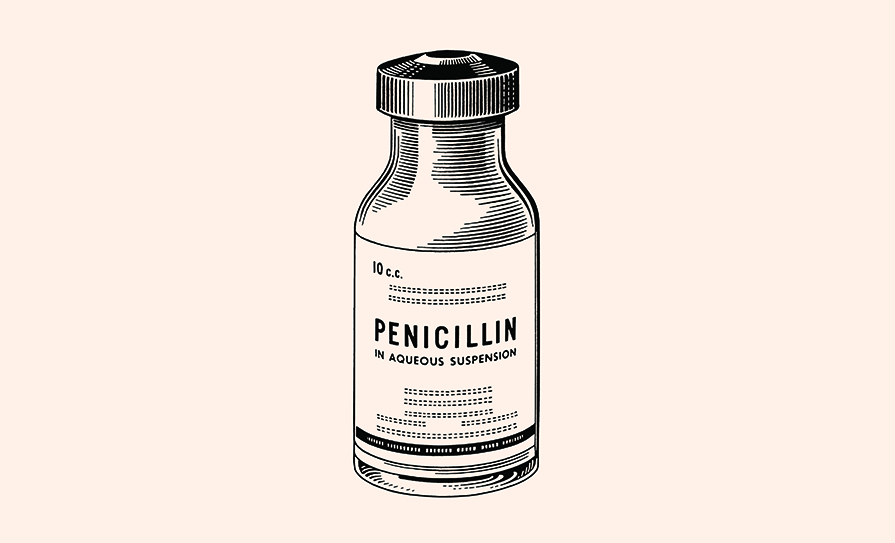Why on earth would we want to drink coffee?
The short answer is, we shouldn’t. On paper, it goes against the laws of evolution — the ability to recognise bitterness in something we eat is an evolutionary defence mechanism, designed by our bodies to prevent our ancestors from accidentally poisoning themselves with harmful berries, for example.
So why do we like coffee? Some clever researchers have put it down to a genetic variant and have determined that the more sensitive we are to the bitter taste of caffeine, the more of it we actually drink, as we learn to associate it with nice things in life.
A team from the QIMR Berghofer Medical Research Institute and Northwestern Medicine in Australia put the kettle on for more than 400,000 participants of both sexes in the UK and examined their genetic variants in relation to perception of quinine, caffeine and PROP, which is a taste perception associated with cruciferous vegetables. Incidentally, those with a higher sensitivity to PROP consumed less alcohol, especially red wine.
The researchers also used the Mendelian Randomisation technique, which is commonly used in the field of disease epidemiology.
So why don’t we instinctively spit our coffee out? According to Prof Marilyn Cornelis, Assistant Professor of Preventive Medicine at the Northwestern University Feinberg School of Medicine: “You’d expect that people who are particularly sensitive to the bitter taste of caffeine would drink less coffee.
“The opposite results of our study [published in Scientific Reports] suggest coffee consumers acquire a taste or an ability to detect caffeine due to the learned positive reinforcement (ie, stimulation) elicited by caffeine. The findings suggest our perception of bitter tastes, informed by our genetics, contributes to the preference for coffee, tea and alcohol.”
So we consume a product that we should instinctively identify as harmful to us. That still doesn’t explain why people like to watch The X Factor.
An international disgrace
At time of writing, a report from the organisation Save the Children stated that at a conservative estimate, 85,000 children aged under five years have starved to death in Yemen as a result of the appalling conflict there.
It may be a simplistic view, but where is the UN or NATO? Where is the US, the UK and all of these countries and alliances that make all the right noises when it comes to extolling the virtues of ‘human rights’? In this day and age, such a situation should never have been allowed to develop between the Saudi-led forces and Houthi rebels.
As always in conflict, it’s the most vulnerable who are sacrificed at the altar of political expedience or oil prices, while the powers-that-be frown, wag their fingers and then look the other way. No organisation with power or influence is an innocent bystander in this situation. Shame on the lot of them.
Horses for courses
As always, your contributions are most welcome at the email address below. Thanks to the reader who sent in the following offering.
The organs of the body are trying to decide which of them is the most important and which should be the boss. A committee is formed and a meeting held.
“I should be in charge,” says the brain. “I run all of the body’s systems, so without me, nothing would happen.”
The blood speaks up: “I should be in charge here. I circulate all the oxygen everyone needs, so without me, you would all waste away.”
The stomach has its say: “I should be in charge, because I process food and provide all of you with energy.”
“No, I should be the boss,” says the legs, “because I carry all of you wherever you need to go.”
The eyes chime in: “I should be boss, because I allow you all to see where you’re going.”
Finally, the rectum speaks up: “I should be in charge, because I’m responsible for waste disposal.”
All the other body parts laugh and mock the rectum. In a huff, it walks away from the meeting and shuts itself down.
Within a few short days, the brain suffers an acute headache, the stomach becomes sore and distended, the legs become weak and shaky, the eyes become watery, and the blood becomes toxic. Another meeting is quickly held and it is decided that the rectum should be the boss of the operation.
And the moral of the story? Even though others do most of the work, an a***hole is usually in charge.












Leave a Reply
You must be logged in to post a comment.